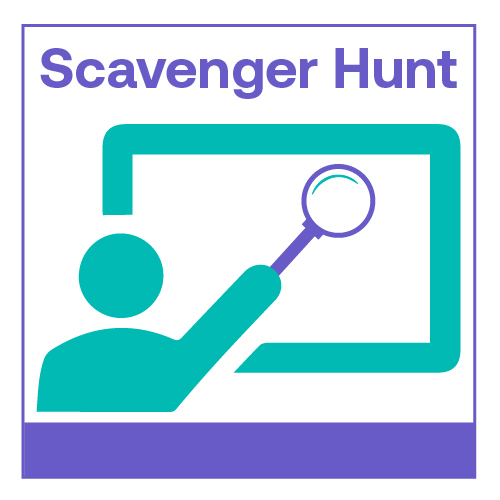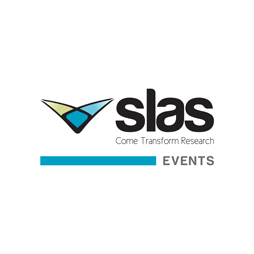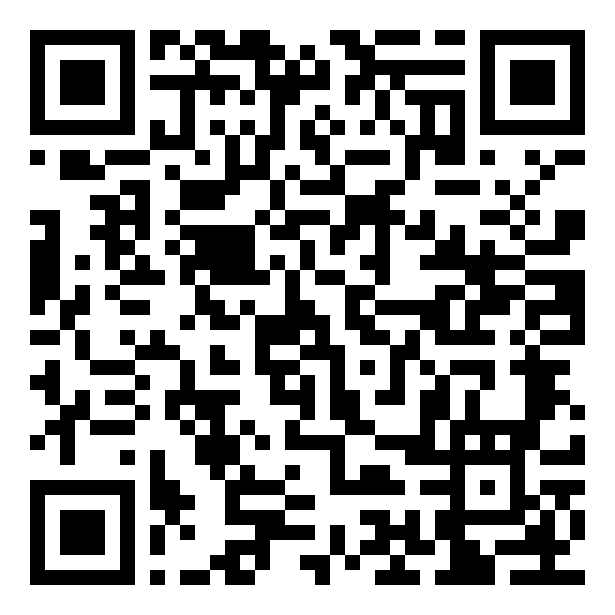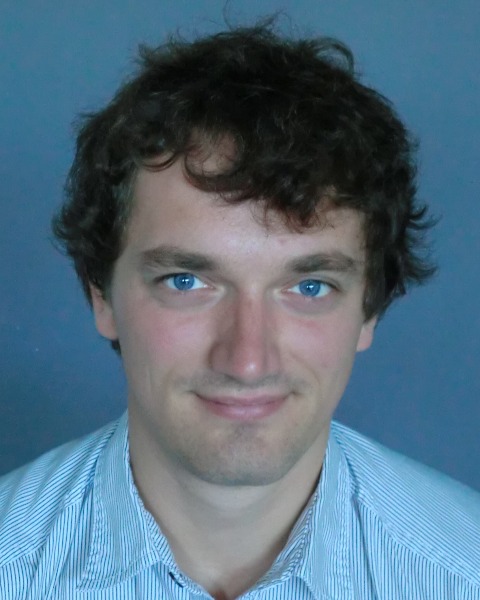Back

 View Leader Board
View Leader Board



Automation Technologies
The Tecan SiLA2 SDK: A royalty-free open-source framework to develop SiLA2 servers and clients.

Georg Hinkel, Dr. rer. nat.
Senior Software Technology Engineer
Tecan
Wiesbaden, Hessen, Germany
Primary Author - January Poster(s)
Abstract: Connecting laboratory equipment still is a difficult task today. Most devices only have proprietary interfaces that require explicit software development to integrate them into systems like laboratory management systems (LIMS) or automation workstations such as e.g. robotic liquid handlers (RLH). Too many devices still use interfaces such as RS485 that are no longer supported by modern commodity PCs and require a large amount of upfront technical configuration in order to establish any kind of connection to the device, not to mention a standardization of data exchange. This has been partially due to the lack of standards that are both well accepted, easy to implement, flexible enough to describe the functionality of a device and efficient at runtime. The SiLA2 standard was published to change this situation as it allows to flexibly describe the functionality of a device in its feature definition language (FDL) and handle the communication with the device efficiently through modern technologies such as gRPC and Protocol Buffers, an efficient but extensible binary message encoding protocol combined with the latest HTTP/2 technology for data transmission. Furthermore, the standard also exemplifies the usage of the Zeroconf protocol in order to allow a discovery of devices in a local network, enabling a true plug and play experience that people expect as they are used to it from consumer electronics. However, a standard is always only as good as its adoption and that strongly depends on the hurdle there is for a developer to implement the standard. In this poster, we present the Tecan SiLA2 SDK, a BSD-3-licensed, royalty-free open-source framework on the .NET platform that makes it very easy for developers to implement the standard: A developer only has to specify a dedicated automation interface, annotate it with informational constraints such as units or MIME-constraints and then the code required to expose implementations of this interface through SiLA2 can be generated. A component-based software architecture allows developers to easily exchange parts of the SiLA2 server and customize according to their needs. Plug and play functionality through Zeroconf, server-initiated connections to realize modern software-as-a-service (SaaS) applications and cancellation are supported implicitly. Standard functionality such as authentication or locking can be integrated by simply reusing existing packages. On the client side, the framework supports dynamic clients, i.e. clients that are able to connect to servers that have capabilities unknown at compile-time of the client, enabling true Plug-and-Play experiences. Thus, the efforts necessary to comply with the standard are reduced to a minimum, namely to describe the functionality of a device in a high-level API and then just implementing that API. Data from the integration of the Tecan Spark reader into the LabFolder ELN has shown that using SiLA2, integration effort for a reader could be substantially reduced from up to ten days to two hours.
 View Leader Board
View Leader Board
Your Points: 0
Scan and Win! Complete as many scavenger hunt questions as possible. You will find scavenger hunt QR Codes to scan on participating posters. Each participating poster in the exhibit hall will have a QR code next to it. For virtual participants, look for the scavenger hunt icon for participating posters.
SLAS Events

Instructions
Each poster participating in the scavenger hunt will have a SCAVENGER HUNT QR code. When that QR code is scanned using the SLAS2022 app, question about the poster will appear. You must answer the question correctly to collect points. BE SURE TO EXPLORE THE POSTER BEFORE SCANNING THE CODE! SLAS will award three prizes to the participants with the most points.
1st Prize - Comp Reg + Hotel/Airfare to SLAS2023 in San Diego
2nd Prize - $50 Starbucks Gift Card
3Rd Prize - $25 AMEX Gift Card
Keep an eye on the leader boards to see who’s at the TOP. Winners will be announced after SLAS2022.
Each participating poster in the exhibit hall will have a QR code next to it. For virtual participants, look for the scavenger hunt icon for participating posters.
1st Prize - Comp Reg + Hotel/Airfare to SLAS2023 in San Diego
2nd Prize - $50 Starbucks Gift Card
3Rd Prize - $25 AMEX Gift Card
Keep an eye on the leader boards to see who’s at the TOP. Winners will be announced after SLAS2022.
Each participating poster in the exhibit hall will have a QR code next to it. For virtual participants, look for the scavenger hunt icon for participating posters.
